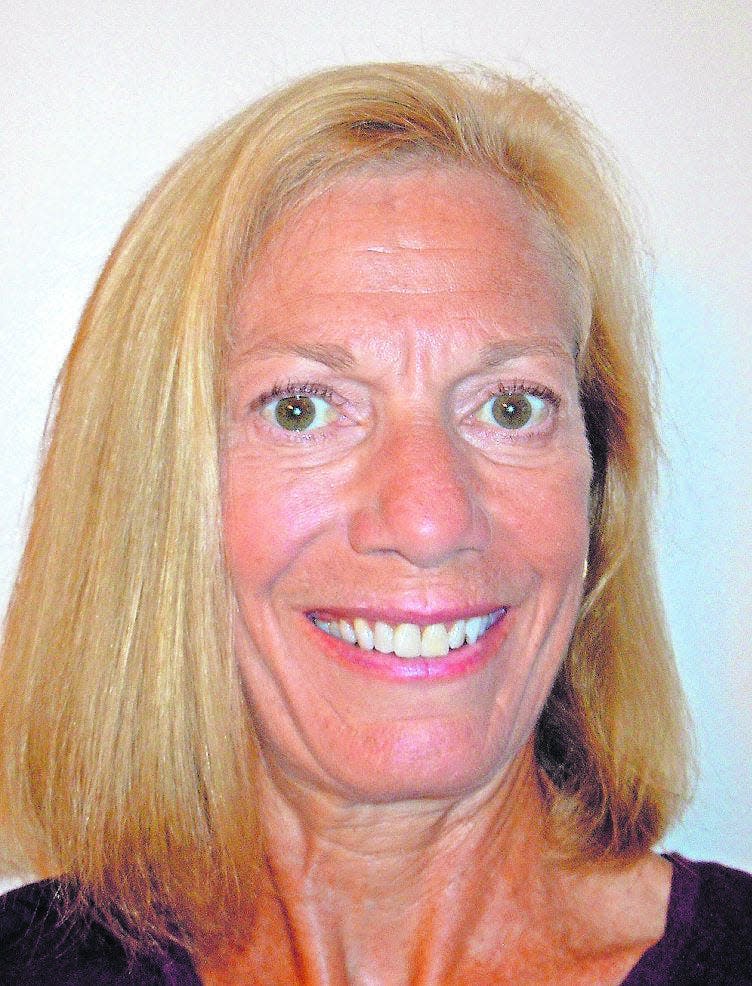We'd be better off if elected officials acted like public servants and not party loyalists
Almost everyone loves a party … unless you’re talking politics.
While loyalists vow devotion to their political party, about half of Americans see themselves as independent, according to recent surveys.
You would never guess that by what we hear from the pundits, TV personalities and politicians who dominate our public discourse. And while polls are one thing, registration records alter the story, in part because many states require party membership to participate in primary elections.

In Kansas, about 28% of registered voters choose not to align with a party. In Arizona, I’m among the 34% of voters who are independent.
Part of the reason involved my job as a journalist. I think all citizens should participate in our republican democracy and its elections. I also think working journalists should operate independently of partisan politicians.
I remain independent because too many Republicans and Democrats put politics before policy. There are lots of examples, but the one that comes to mind first is the Trans-Pacific Partnership.
The TPP would have boosted U.S. exports and counter-balanced China’s growing influence. But many Democrats opposed TPP in 2016 because labor unions told them to. Republicans refused to support it because that would have given Democratic President Barack Obama a win.
Republican President Donald Trump, who only supports trade deals he can take credit for, trashed the country’s TPP membership soon after he took office.
So the TPP went on without us. This year the 11-nation TPP voted to add Britain. China also has applied to join.
Rejecting the pact was not about good policy. It was about winning elections.
Still, it’s hard to see how a democracy functions without political parties. The U.S. Democratic and Republican parties provide a structure that allows our federal political system to operate.
It’s an old joke, but true: It’s the worst system possible, except for all the other political systems.
That doesn’t mean we shouldn’t worry about how the parties wield their power.
I’m not the first to think that. George Washington warned that partisan politics serves to “distract the public councils and enfeeble the public administration. It agitates the community with ill-founded jealousies and false alarms …”
On any number of issues — immigration, budget deficits and so on — our elected officials focus on partisan wins, not good policy.
It’s not that there isn’t common ground. It’s that it’s easier to call someone a fascist or a communist than to develop consensus. Elected officials might pay a political price if they compromise, but not if they demonize.
Both parties engage in these antics, as evidenced by the gerrymandering of districts at every level of government to benefit political parties.
Lately, Republicans have been especially bold, proposing legislation across the country to bolster their chances of winning.
There are plenty of examples, but a recent one in Kansas is the GOP push to inject partisan politics into every local election.
These are not moves to further the goals of good government set forth in our constitution. They are power grabs.
Republicans and Democrats want us to believe that only if we give them still more power can they stave off the destruction the other side will bring. This divide-and-demonize strategy means that the public’s interest loses out to the party’s interests almost without fail.
Let’s heed Washington’s warning and insist that elected officials act as public servants instead of party loyalists.
Julie Doll, a native of Kansas, is a former newspaper journalist now living in Tucson, Arizona.
This article originally appeared on Topeka Capital-Journal: President George Washington warned us against partisan politics

